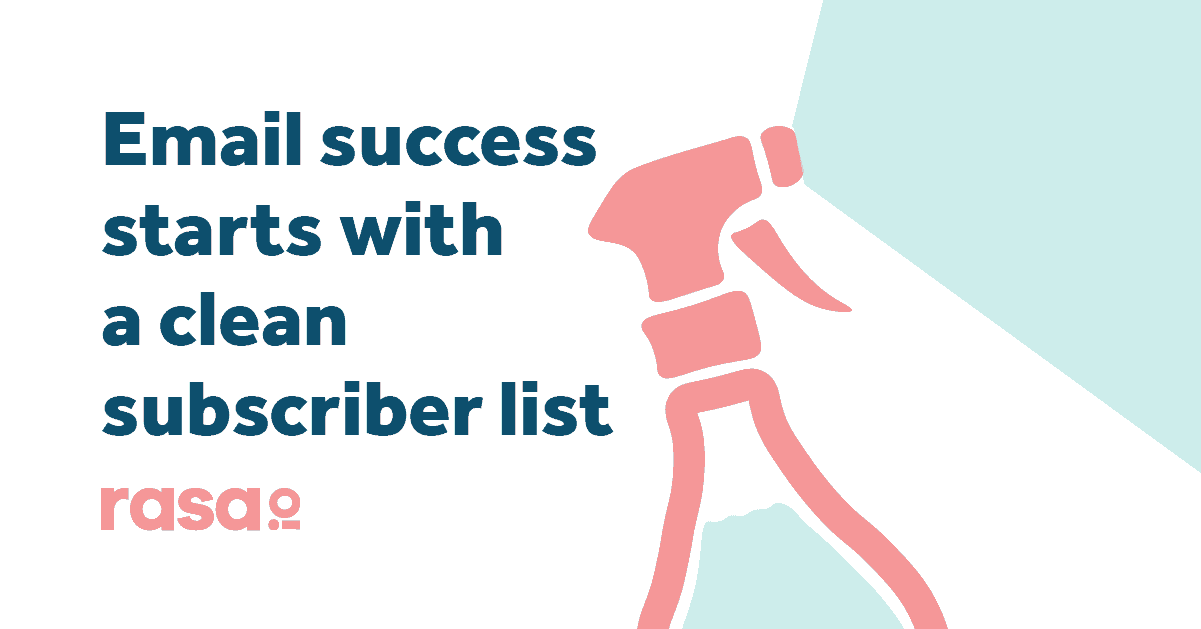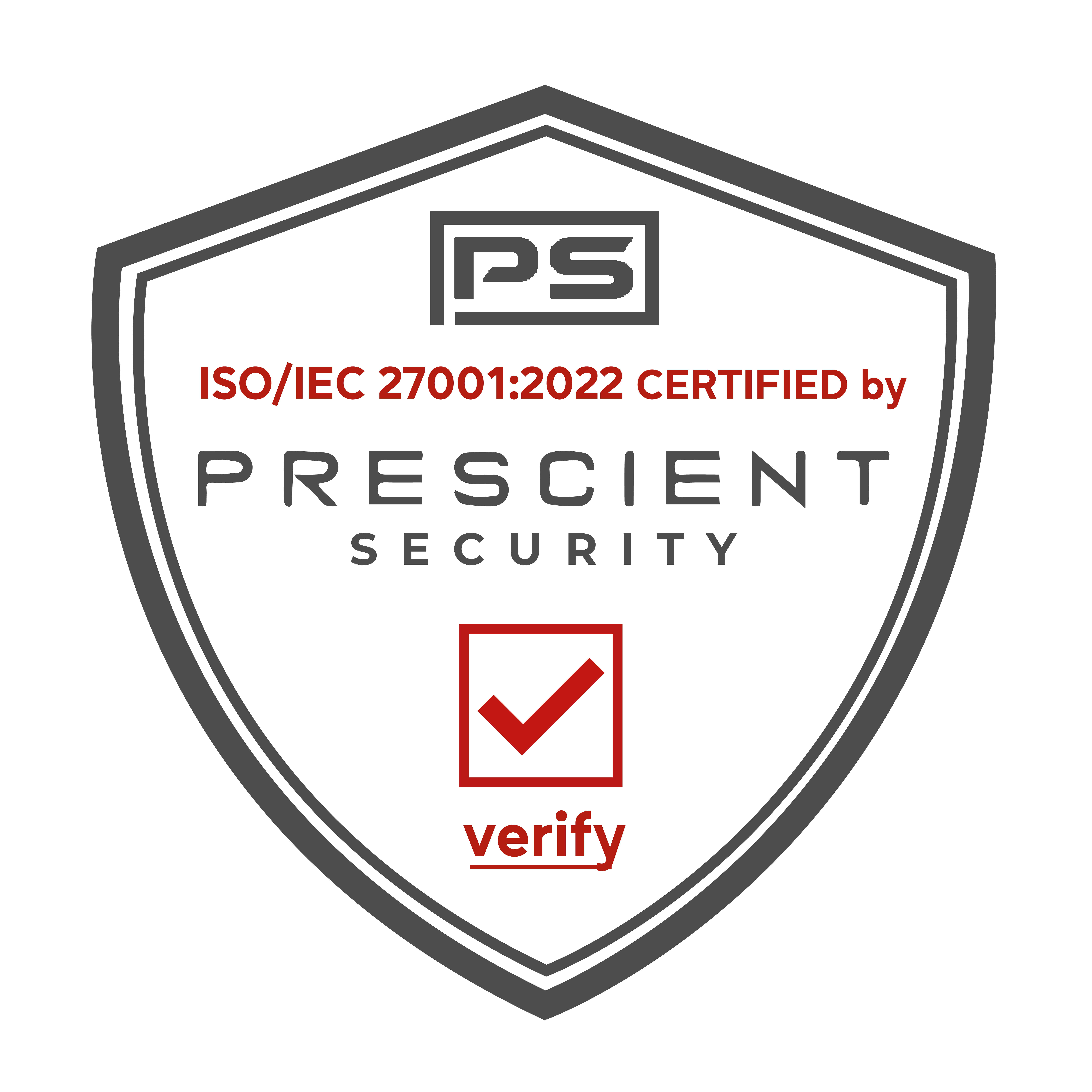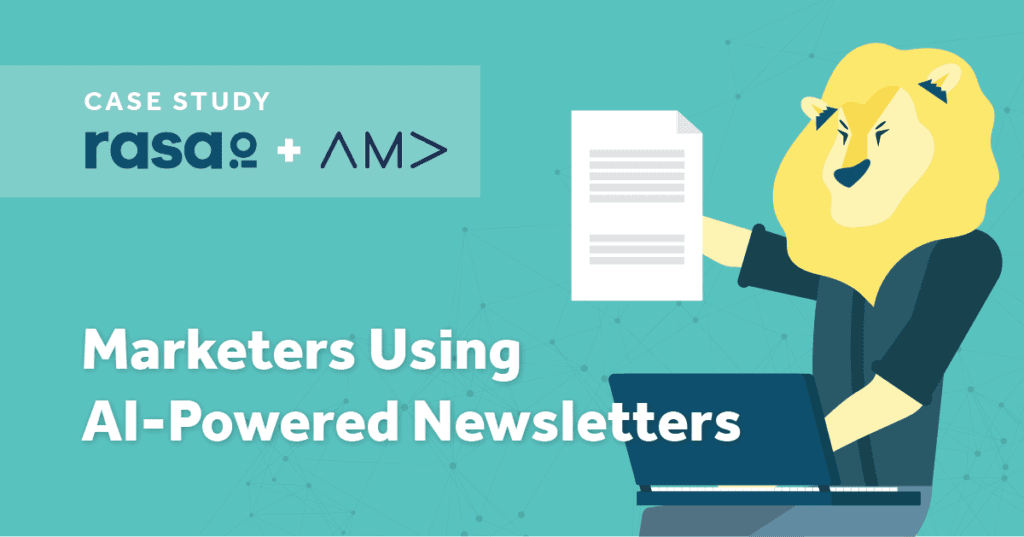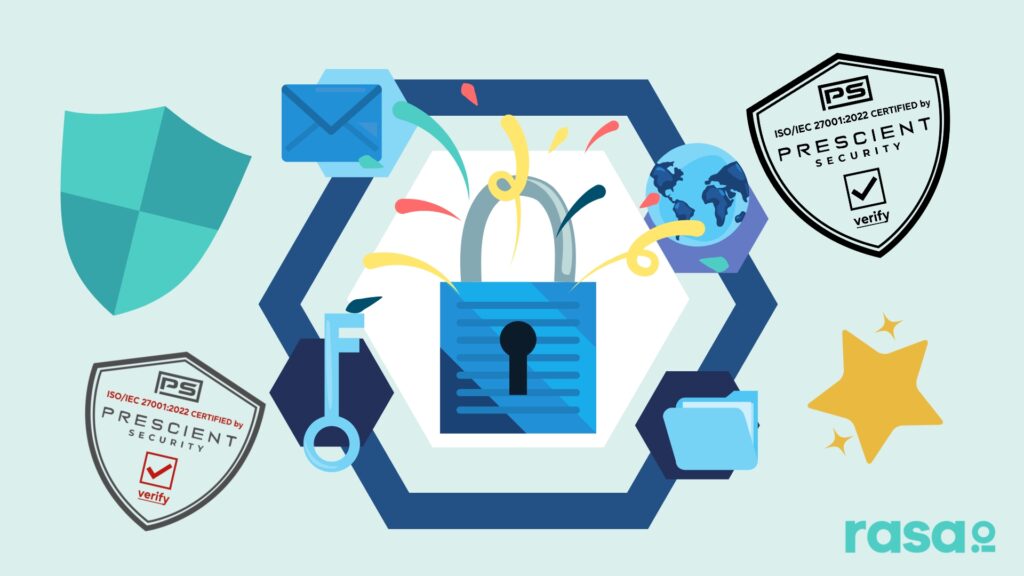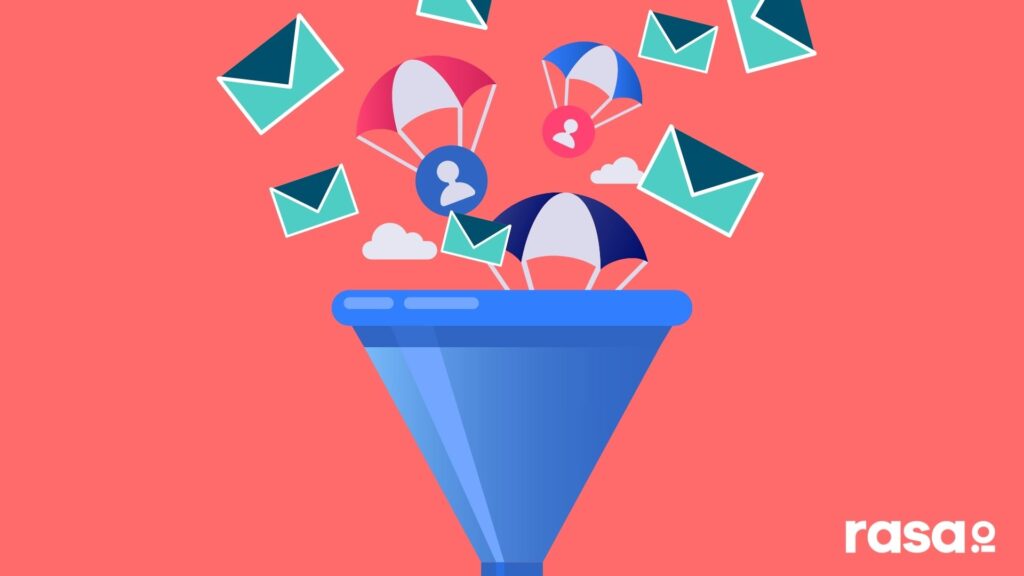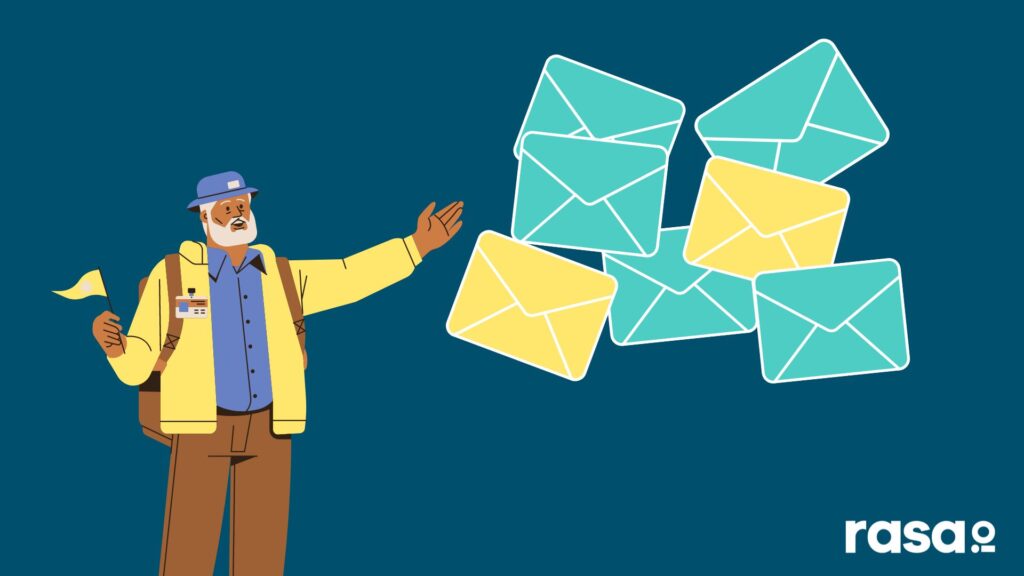Nowadays, you can’t be too careful with who you communicate with online. This can be especially troublesome when you want to share exciting and resourceful information about your company and products.
Way back when, before the CAN-SPAM Act of 2003, we were able to send out emails with the voracity of water coming out of a firehose. Since then, we have toned it way down to the equivalent and accuracy of a water pistol – targeted and personalized. This is actually a good thing.
Clean and Compliant
Since 2003, additional legislation regulating how businesses manage customer data has been enacted. On April 14, 2016, the EU adopted the General Data Protection Rules (GDPR) with little fanfare from businesses in the U.S. However, it quickly became apparent that anyone doing business with the EU should read the regulations and comply or face stiff penalties.
The GDPR became enforceable on May 25, 2018 to enhance the protection of personal data of citizens of the EU. The GDPR increased the obligations of organizations that collect and or process personal data. In short, if you have a business that markets to people in the EU, the GDPR applies to you.
The California Consumer Privacy Act (CCPA), went into effect January 1, 2020, and is yet another piece of legislation drafted to protect consumer privacy. In this case, though, it only applies to companies doing business in the state of California. To satisfy one or more of the following conditions, the business:
- Must have an annual gross revenues of $25 million.
- Obtains the personal information of 50,000 or more California residents, households, or devices annually.
- Has acquired 50% of more of its annual revenue from selling the personal information of California residents.
If you want a side by side comparison of GDPR and CCPA, Laura Jehl and Alan Friel of BakerHostetler LLP created this super-helpful CCPA – GDPR Comparison Chart.
Less is Often More
We learned quickly that sending too much information or receiving information that is not relevant to our audience is off putting, to say the least. It can also be costly to a business. Sending the right resource or communication at the right time, to the right person can facilitate meaningful engagement.
Measure What Matters
If you use Customer Relationship Management (CRM) software to manage and maintain your contact lists, you probably know these systems help ensure that contacts are reliably receiving your emails and your email deliverability maintains a high rate.
Abnormally high hard bounce rates can indicate fraudulent activity and damage your reputation. Some CRM’s will suspend emailing capabilities if you consistently have a high hard bounce rate.
OptinMonster, an online lead generation software, recommends the following two general email metrics to monitor:
- Hard Bounces: Many ISPs prefer bounce rates to be under 2%.
- Unsubscribe Rate: Below 0.5% is considered good. If your unsubscribe rate is above that, you should evaluate the list you are using. You could be sending your email to the wrong segment.
Engagement as an Indicator
You can also maintain the health of your contact list by monitoring engagement. Create a static list that adds contacts that meet a specific set of criteria. For example, if a contact has not opened any marketing emails in the past six months, add them to an unengaged list.
This is a great excuse for you to reach out these contacts directly and ask them if they still want to receive your communications. Don’t forget to personalize your email.
If you take data hygiene seriously, implement email validation into your program. Rejoiner, an email marketing software promotes the use of email validation software to help remove:
- Dummy and temporary email addresses
- Invalid emails
- Misspelled emails
- Catch-all emails to unmonitored inboxes
- Emails with fraudulent domains
If you are interested in trying an email validation service, check out some of these:
Now that you know how to keep your contact lists clean, you can start sharing all the wonderful content you are curating. Need help getting started? Give rasa.io a try. We provide a platform that generates customized newsletters that are tailored to provide relevant information to your specific audience.

